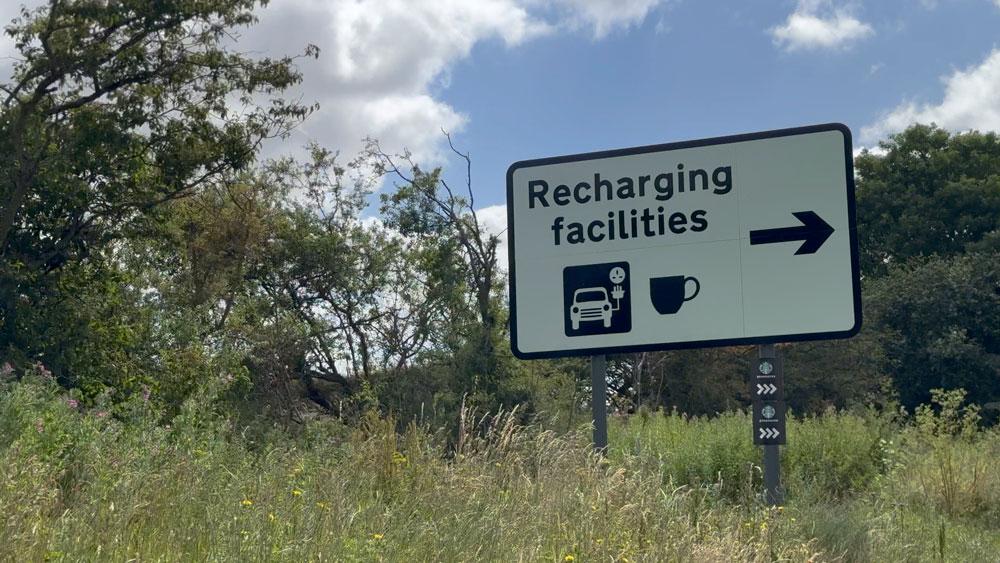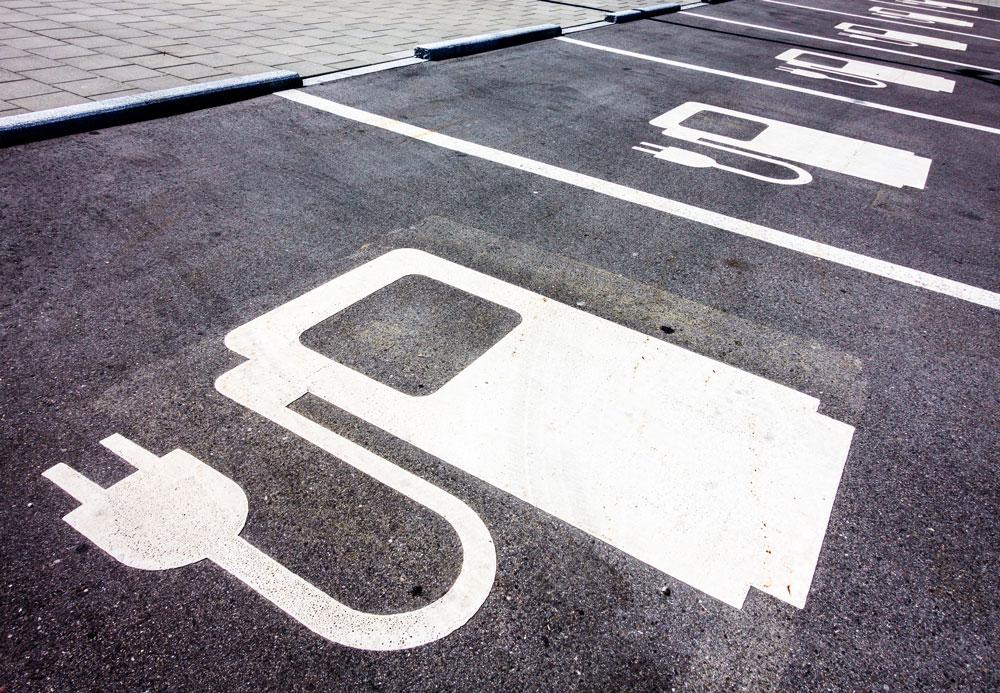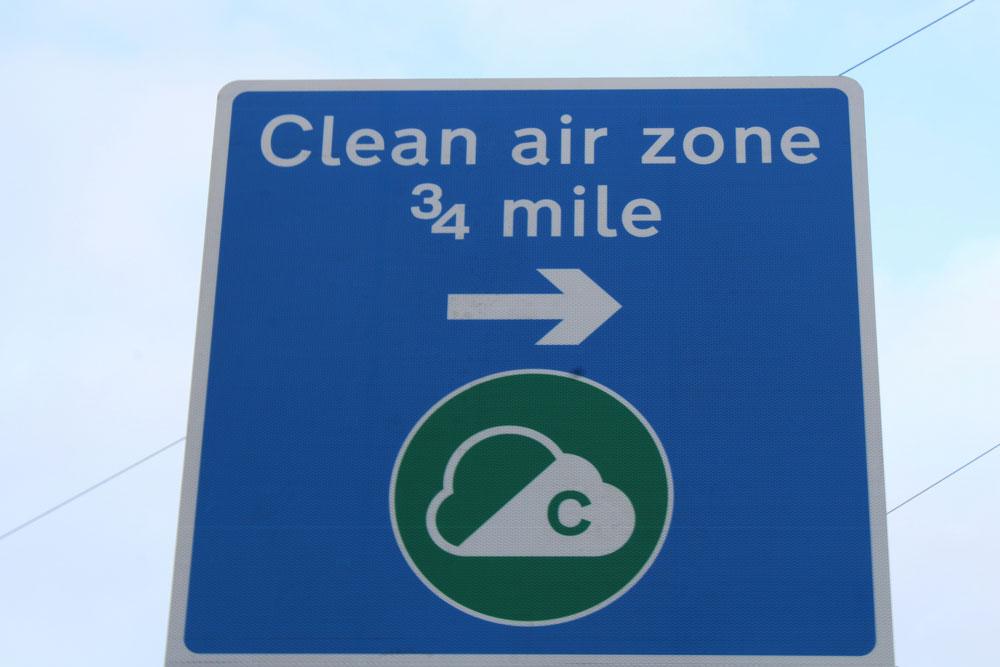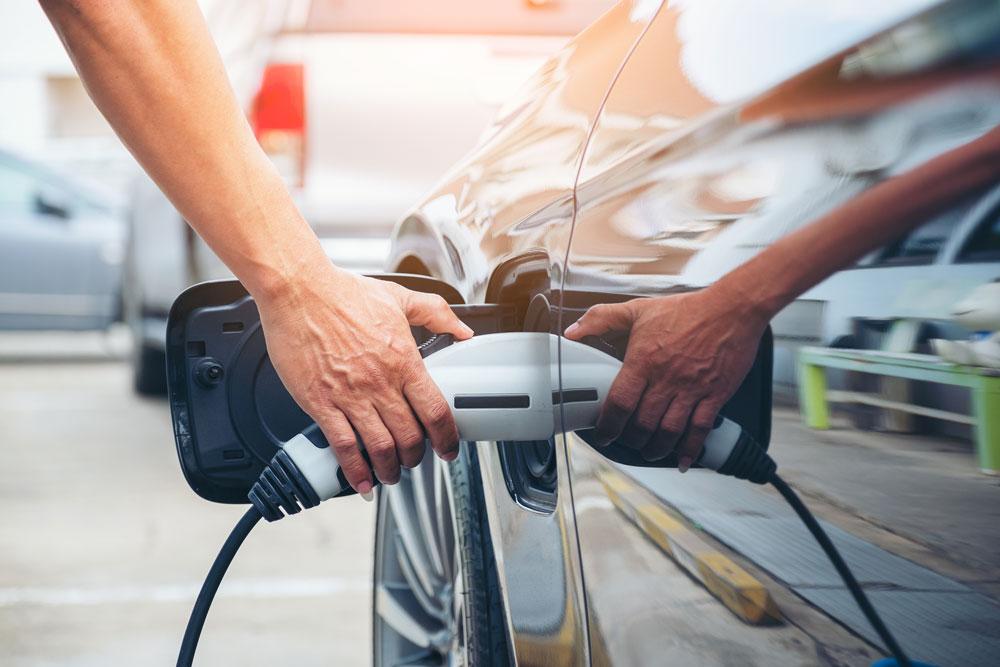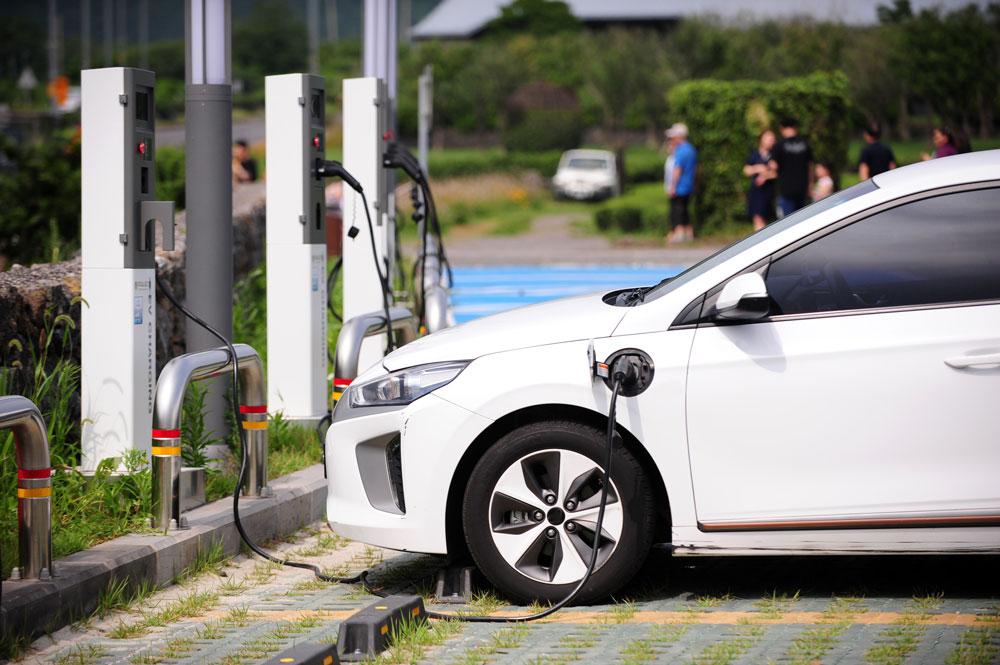Charge point operator (CPO) Believ has won a place on a framework agreement with the Church of England (CoE) and Church in Wales (CiW) Parish Buying Service to make its publicly accessible electric vehicle (EV) charging infrastructure solution available to the 18,000 properties under the Parish Buying Service’s jurisdiction.
The framework is designed to support the CoE and CiW in achieving net zero by 2030, and to help communities to provide publicly accessible EV charge points for their residents and visitors.
Kevin Ledger, senior business partnerships manager at Believ, said: “These organisations are some of the largest landowners in the UK, and so this framework agreement has the potential to accelerate the rollout of much needed publicly accessible charging infrastructure."
He added: “By installing EV charge points, churchgoers and local residents without off-street parking spaces will now benefit from the possibilities that sustainable motoring can bring them and help us connect rural communities to the EV charging infrastructure.”
Believ offers a fully funded solution installing, operating and maintaining charge points of all speeds – at zero cost to local authorities, landowners or businesses.
As a supplier on the framework agreement, Believ will partner with the Parish Buying Service in its mission to reduce its carbon footprint, protect the biodiversity within church grounds and land and help reduce the Church’s impact on the climate emergency.
All churches, schools and village halls with car parks on land owned by the CoE and CiW are able to request EV charging infrastructure support through this tender.
David Richards, net zero carbon officer for the CoE and CiW Parish Buying Service, said Believ’s fully funded solution is essential, adding: “Through establishing this framework, we aim to drive awareness of how installing EV charge points can help churches in their journey towards becoming more sustainable, crucially without any capital expenditure, but also introduce them to a new income stream that can derive from a church’s existing parking spaces and land.
“This new income can then be used to fund further net zero projects. We urge all churches to take advantage of these opportunities to make sustainable changes and tackle the climate crisis.”



